The world recently commemorated the 20th anniversary of the September 11 terrorist attacks. Since 2001 however, the nature of global terrorism has changed. What do you think of this?
Historically, terrorism has always emerged in waves: from the old anarchists to decolonization violence to left-wing terrorism such as the activities of the German Red Army Faction. It has become evident that since the 1970s and 80s, religion has become the usual cause behind terrorist attacks, and more specifically, typically linked to Islam, especially Sunni extremism. In the case of the two leading “brands” of Islamist terrorism, al-Qaeda and the Islamic State (ISIS), we have observed that small autonomous groups fighting at the local level join these larger organizations by pledging their loyalty. Thus, both central forces and decentralization are present, while also posing a source of tension. But we tend to overestimate the role of the central forces. There has been extensive research covering al-Qaeda, and today we know that not every direction and command was coming from Pakistan as we previously thought. Today, al-Qaeda poses a far greater danger once again to the world than ISIS whose ideology, while alive, has been suffocated, defeated, and no longer threatens the territorial integrity of Syria and Iraq.
In Europe, Islamist terrorist attacks are typically committed by immigrants or those with migrant-backgrounds. One of the most notorious terrorist perpetrators of late: the Moroccan-French Salah Abdeslam born in Brussels. Despite his attack in Paris, there are still those who claim that there is no link between immigration and terrorism.
You are certainly familiar with the statistical expression: correlation is not causality, ie, not a causal relationship. But there is definitely a correlation between the two. We have observed in Europe that the most terrorist acts are carried out in countries with high Muslim populations such as France, Germany, and the United Kingdom. And in the areas where not as many Muslims live – such as where we are right now – we barely witness these incidents. There is no doubt that there are terrorists who have entered Europe via illegal migration routes and that Muslim communities were harboring them. On the other hand, there is no causal connection – causality – in the sense that we cannot infer the chances of a terrorist act based on the number of Muslims. But the point is not the number of migrants, but rather how migration works: how at-home Muslims feel, whether they are integrated, treated equally, have the opportunity to succeed in society. This is of course their responsibility as well, not just the host country’s. And this is a challenge everywhere, there’s no magic recipe. Muslims live in large numbers in the USA as well, but domestic terror attacks of this nature are not as common there.



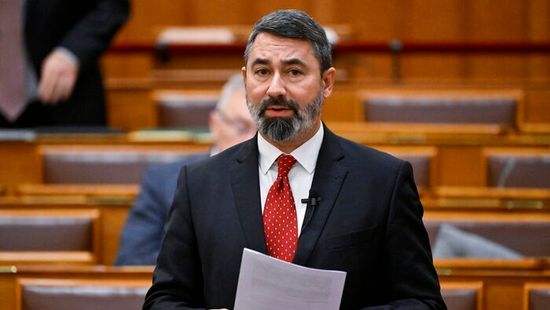




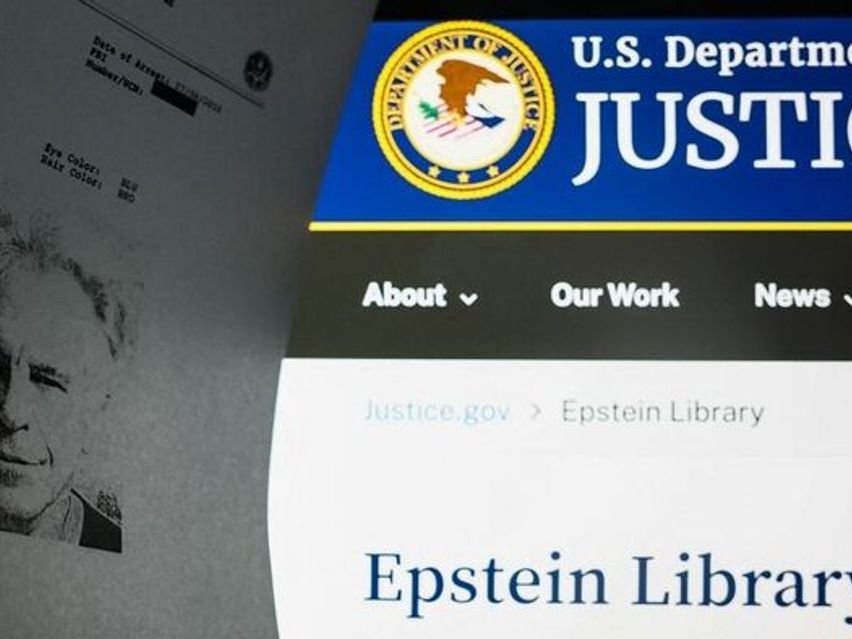




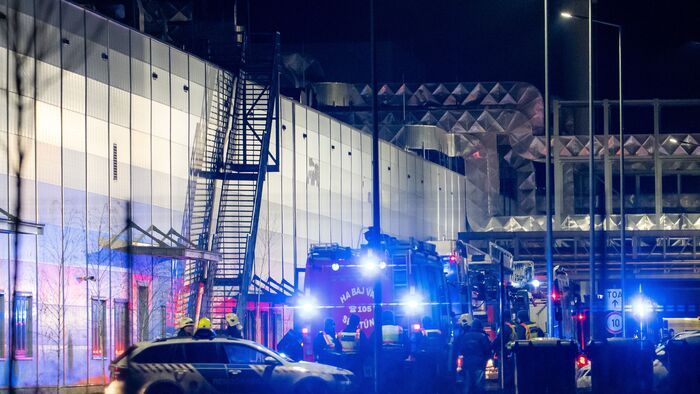
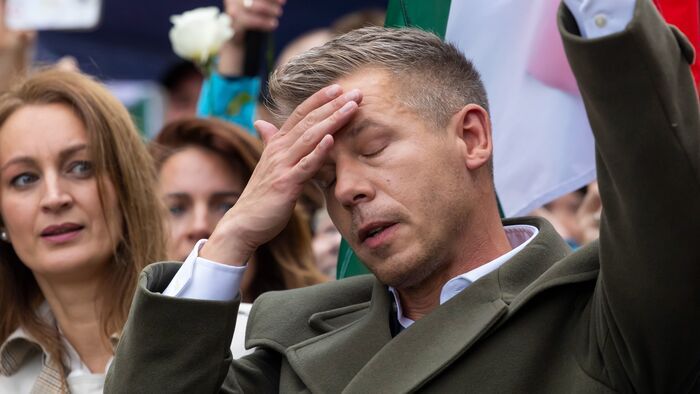

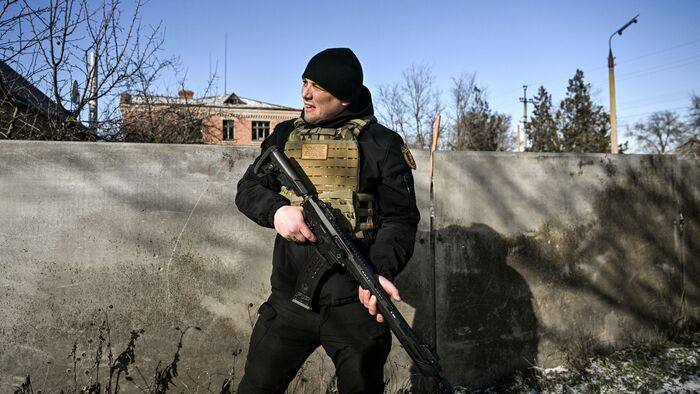






Szóljon hozzá!
Jelenleg csak a hozzászólások egy kis részét látja. Hozzászóláshoz és a további kommentek megtekintéséhez lépjen be, vagy regisztráljon!